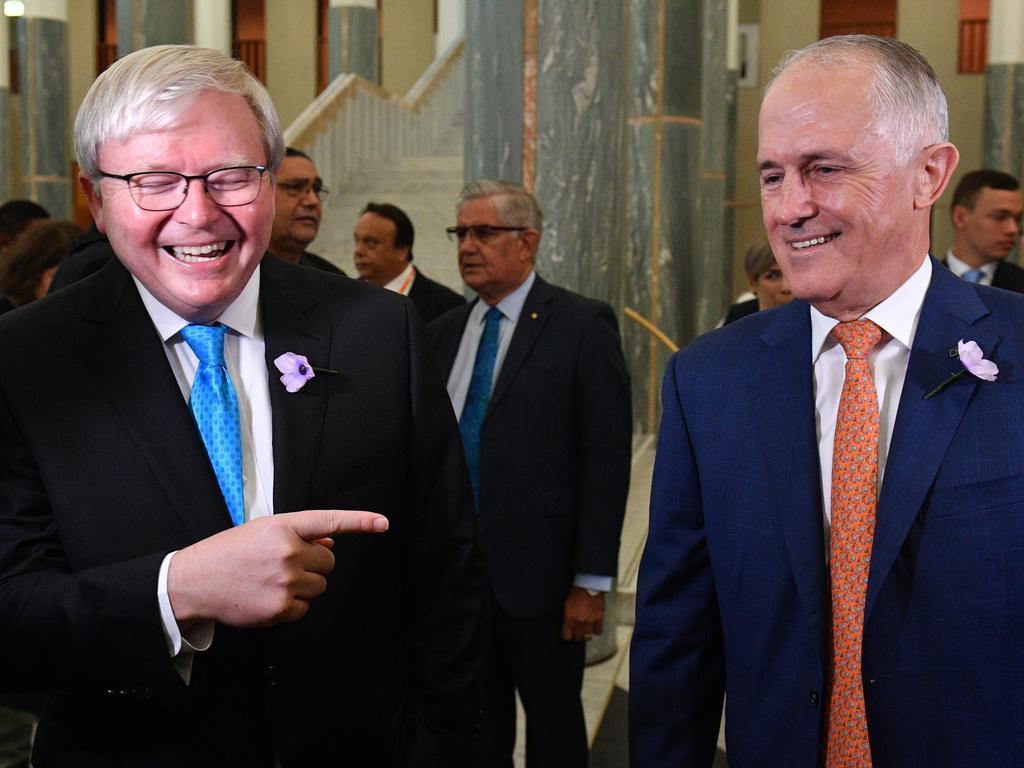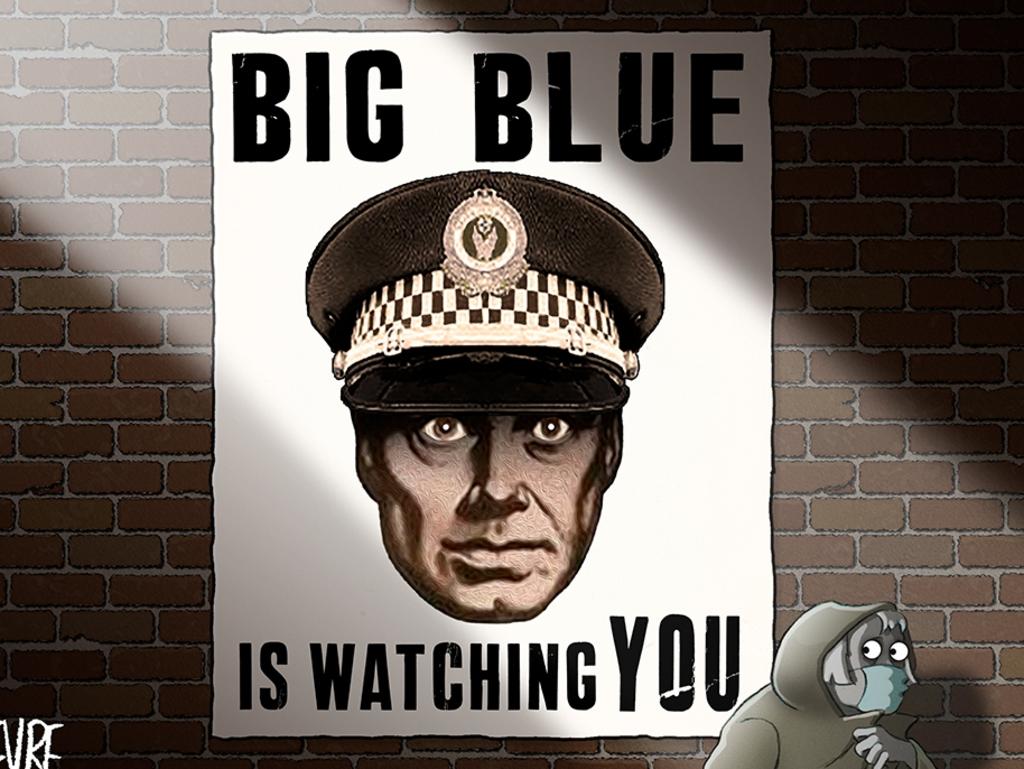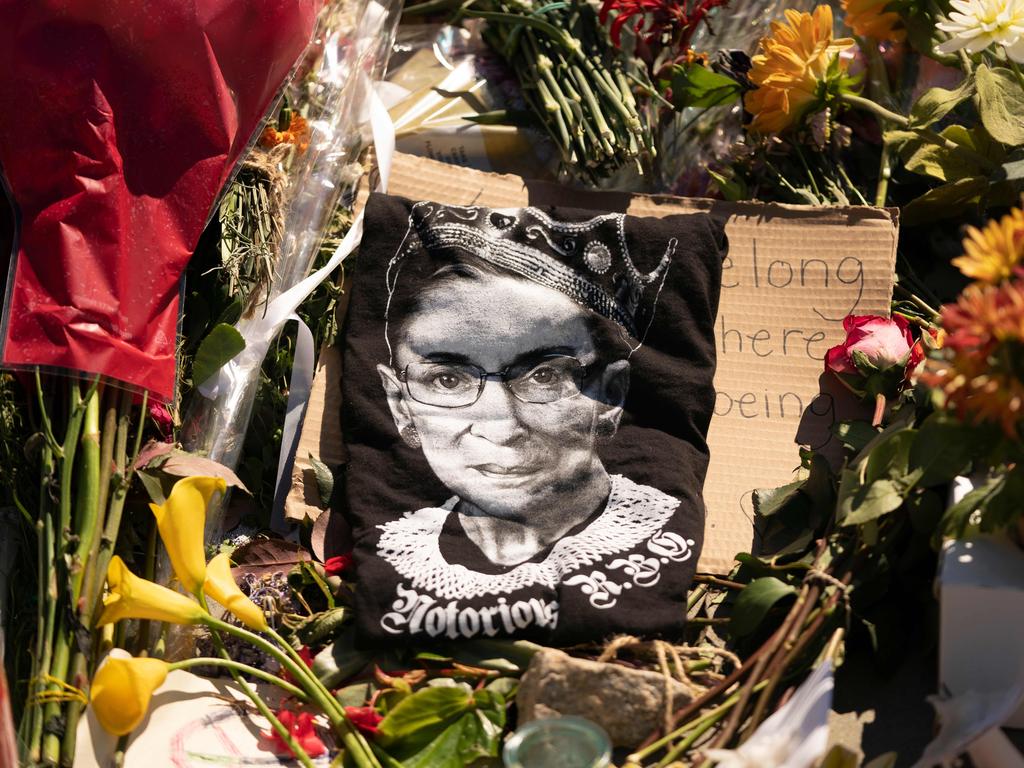Squabbling states still run their own race
There is no quick end in sight to this power imbalance between the states and the federal government.

Premiers have all the power at present when it comes to when or even if they open up their states, domestically and internationally. They also have all the power with respect to when or if lockdowns are put in place or lifted.
There is no quick end in sight to this power imbalance between the states and the federal government. The constitutionally enshrined rights of states to shut their borders on health grounds certainly doesn’t look as if they’ll be challenged any time soon.
Electorally you can see why there are differing opinions around the country, depending on the extent of Covid-19 in each community.
NSW and Victorian residents increasingly are tired of being locked out of other states. Understandably, they point to the fact they hold passports as Australians, not based on their state residency. They ask why restrictions can’t be eased, at least for the vaccinated.
But it is also easy to understand why Australians living in Western Australia, South Australia, Tasmania and Queensland feel differently. Queensland especially is getting a taste of how it feels to lose freedoms when Covid-19 comes knocking.
Why would anyone in those states who is not affected by the tyranny of distance that border shutdowns create want to rush their way out of such restrictions and invite Covid into their communities sooner, alongside the attendant loss of freedoms that may follow?
Even if such states theoretically embrace the need to open up when vaccinations reach a certain level, I can understand why they want to keep raising that bar, ignoring advice coming from the federal government and knowing that Covid running through the community will result in hospitalisations, serious illness and death, including among the vaccinated.
So when will all that change? Because it has to eventually. If not when 80 per cent of over-16s are vaccinated, when? At 90 per cent? When 80 per cent of over-12s are vaccinated, or does it need to be 90 per cent of over-12s?
And what happens if vaccination rates stall below these markers? They may well in outlier states unaffected by Covid-19. The rush to vaccinate we are seeing in places riddled with the virus is more of a stroll in other states. Complacency reigns almost as an implied means to continue with border restrictions, trading travel for local freedoms.
So far during this pandemic the federal government has carried the can financially for the policy decision-making of the states, but seemingly not for much longer.
This week Josh Frydenberg announced the timeline to end Covid support for states and territories enduring lockdown based on their vaccination rates. The federal Treasurer sent a very clear message that the federal government expected lockdowns to become largely a thing of the past once Australia hit its 80 per cent vaccination target for over-16s.
Of course that may need to change, as we’ve seen happen around the rest of the world. Scott Morrison made a point of referencing lockdowns in nations with higher vaccination rates than ours to repel Labor accusations that his slow vaccination rollout was to blame for lockdowns.
But unless hospitalisations in a post-vaccinated Australia put undue pressure on state health systems, the federal government is sending the message that we can’t live in lockdown, not when we know the damaging impact it has on people’s mental health, children’s education and socialisation skills, and the national economy.
But the capacity of the federal government to put pressure on states not to lock down when vaccination rates are higher is a red herring. The real divide in this country is driven by state border closures, and there is little the federal government can do to change that short of winning a High Court action to interpret the Constitution differently.
Is the Morrison government game for such a move? I doubt it, knowing how parochial some states are. Which brings us to the politics of border closures.
It is undoubtedly popular for WA Premier Mark McGowan to keep his state’s border closed for the foreseeable future, which poses a problem for the Prime Minister. Morrison must retain seats in the west to retain government and he has to go to an election before June next year.
But putting politics to one side for a moment, a day of reckoning for states locking Covid out will have to come eventually. They can’t just shut themselves off from the outside world forever, and even if they can there are no guarantees doing so will continue to be successful. A breach is inevitable.
If there is one thing the Delta variant has taught us it is that there is no certainty that quick lockdowns will stop Covid spreading into the community. Just ask Victorian Premier Daniel Andrews.
Andrews, like most other premiers, took aim at the soon to depart Gladys Berejiklian’s decision not to lock down Sydney early as the cause for the virus spreading in NSW. Yet he locked down Victorians swiftly and more aggressively than NSW has ever done and the virus still spread, to the point that the number of Victorian cases has surpassed the number in NSW.
Will that be the experience of Queensland sooner or later? Its politicians have intimated it will, warning their citizens to expect as much, and there are risks afoot already. It’s a nervous wait in the Sunshine State right now.
Federation reform was put on the table by Tony Abbott after winning government in 2013, only for Malcolm Turnbull to junk the white paper process when he took over in 2015. It has never been more necessary as we emerge from the haze of Covid after almost two years, yet achieving anything resembling consensus between the states, much less with the federal government, seems harder than at any time since I have researched and written about federal-state relations.
Parochialism is on the rise, including in NSW, which traditionally hasn’t suffered the insularity shared by the smaller states.
Good luck convincing NSW to continue to carry the can the way it often does for the smaller states when most have refused to do their fair share for returning Australians or have grumbled about rushing more vaccine doses to Sydney when they were needed there. And good luck convincing other states they should accommodate NSW when it’s riddled with Covid and they are not, much less when they do eventually let Covid in and blame Sydney for it.
In the coming months and years what divides Australians, not what unites us, is likely to define our relationship with each another. We’re all in this together? You have got to be joking.
Peter van Onselen is political editor at the Ten Network and a professor of politics and public policy at the University of Western Australia and Griffith University.







Divided we stand, but for how much longer?